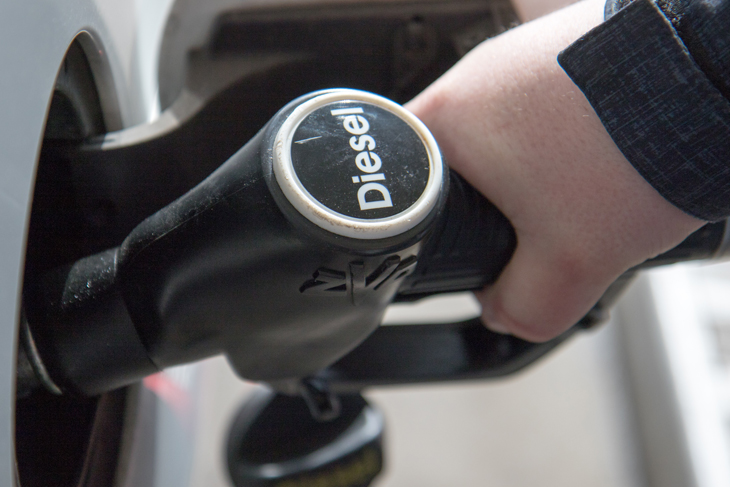One of the biggest decisions you have to make when it comes to purchasing a new car is what kind of fuel it will need. Whereas before, this was purely a question of economics, the heightened level of awareness surrounding emissions has meant that the idea of diesel fuel has become a ‘dirty’ word for some. So, if you are thinking of changing your car this year, you might be wondering if diesel is the right choice? We’ve put together a quick guide to tell you all you need to know about buying a diesel car in 2022.
Are diesel engines dirty?
Diesel engines do produce slightly more pollution than their petrol counterparts. To be specific, it’s the amount of particulates in their emissions that lead to them being more ‘toxic’ than petrol engines. This can lead to builds up of pollution in areas of heavy congestion that can be especially harmful to those who suffer from respiratory illnesses. But an often overlooked thing is that diesel engines are more efficient, and you get more miles to the gallon than in a petrol engine. So, in essence, you burn less fuel with diesel than you do with petrol. Some of the newer diesel engines are also a lot cleaner, despite their reputation. The Volkswagen emissions scandal rightly highlighted how the car companies have cheated some of these tests, but there are some genuine diesel engines.
Will I be banned from driving certain areas?
You may have seen reports of some cities following London’s lead and introducing ULEZs – ultra-low emission zones. These are areas of the city where cars have to meet certain standards of emission quality to be granted access inside without paying a hefty charge. While you might think this prohibits all diesel vehicles from entering, that’s simply not the case. Most modern diesel engines released in the last five years or so will be of a standard that allows access to ULEZs. In fact, when you are looking for a new car, most diesel models listed will inform you whether they are able to enter a ULEZ or not. There is always the danger that these zones could be changed to become more restrictive, but that could affect petrol cars as well as diesel, especially if the government’s target of only allowing new hybrid or electric vehicles is established in 2030.
What about resale value?
That 2030 deadline could have an impact on your diesel car’s resale value in future. If the government stick to it, then it could go in one of two ways. Those wanting a diesel car will have to choose a secondhand model, so your car, if kept in a good condition, could be worth more. But, if the government introduces additional restrictions or regulations designed to de-incentivise buyers choosing diesel engines, then your value could be greatly diminished. So you’ll have to ask yourself, how long are you planning to drive this car for? Is it something you see yourself using long-term, or is it a vehicle that’s only going to be needed for a few years. You may not even care about resale value at the end of your time with the car. Either way, you should have a think about the future if choosing diesel, in more ways than one.
Are You Ready to Save on Car Finance?
If you’re considering getting a new car, then you don't want to miss out on what Creditplus can offer. Applying with us will not affect your credit profile, so why not complete a quick application now.
Apply Online Today!See our latest car deals





 Facebook
Facebook Twitter
Twitter Instagram
Instagram LinkedIn
LinkedIn Youtube
Youtube